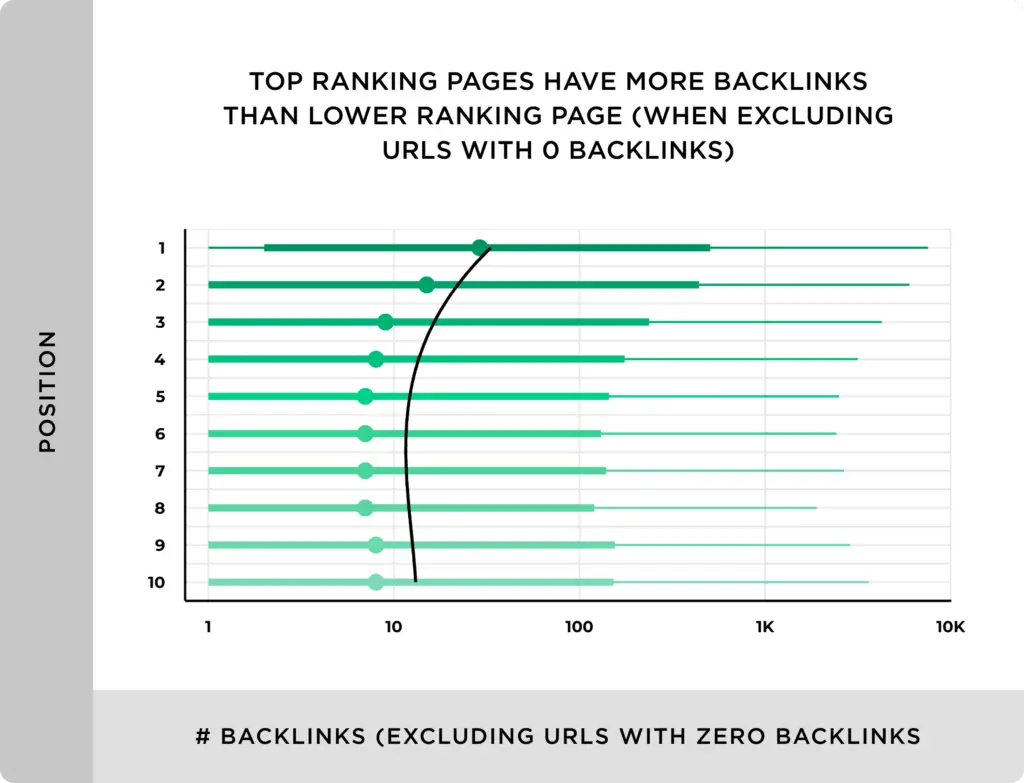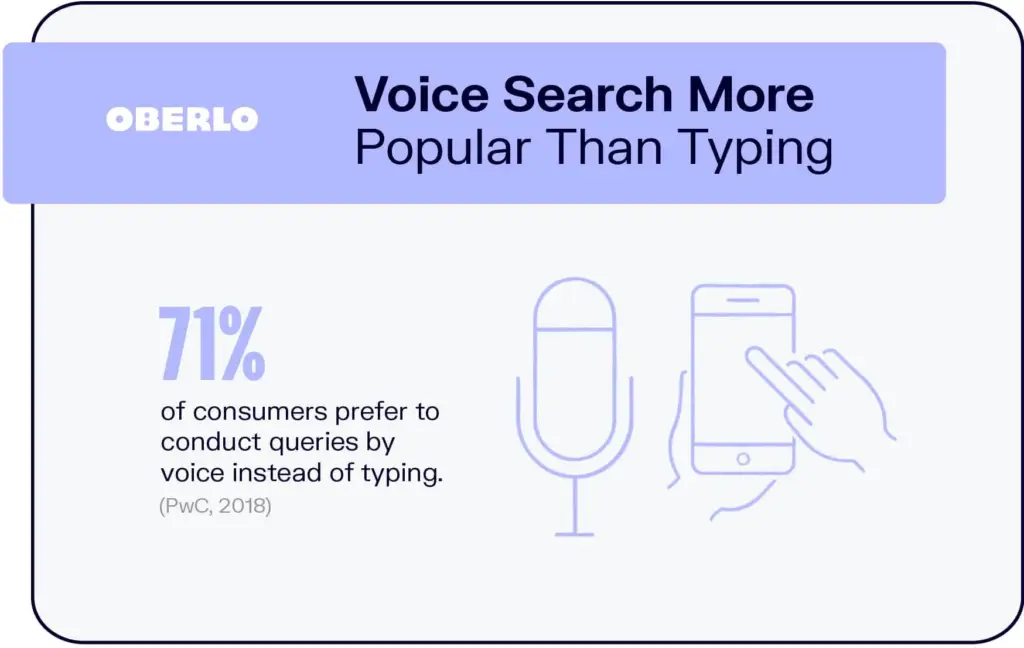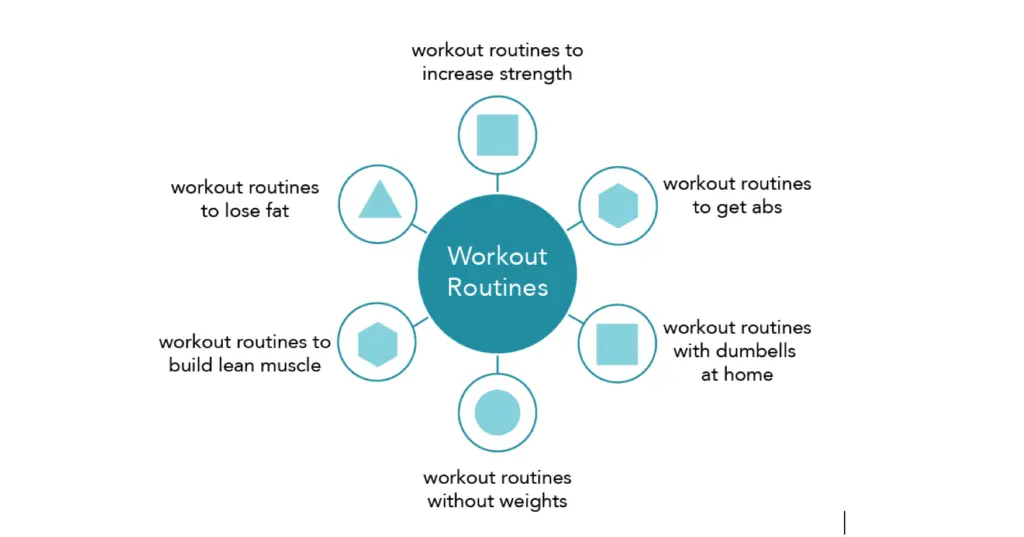Off-page SEO, in simple words, is all about optimising your website beyond its own pages.
This includes building high-quality backlinks, generating social media buzz, and enhancing your online reputation through reviews and citations.
Now, you may be thinking, “Why bother with off-page SEO when I can just focus on on-page optimisation?”
Well, my friend, let me tell you that off-page SEO is like the secret sauce that can take your website from good to bloody-freaking amazing.
Why is off-page SEO still important in 2024?
Search engines now evaluate the relevance and trustworthiness of backlinks using complex algorithms.
In the past, having many backlinks was enough to boost a website’s ranking, but that’s no longer the case.
To improve your website’s ranking, search engines now look at factors such as the:
- Relevance of the linking website
- Anchor text used in the link
- and the overall authority of the linking domain.
And with the rise of artificial intelligence and machine learning like ChatGPT, search engines can easily identify low-quality backlinks obtained through unethical means.
Despite this, backlinks remain one of the strongest ranking signals in Google’s search algorithm.

That means the more high-authority domains linking to your site, the better your chances of ranking well for top keywords.
This brings me to the first reason off-page SEO is no longer an option in 2024.
Reason #1 — Backlinks are still a ranking factor
Yes, you heard it right, even in 2024.
After the release of Google’s new helpful content update, quality links are now more important than ever.
A few high-quality backlinks from authoritative websites can boost your rankings significantly more than 100 low-authority links.
Think of it this way: imagine you run a food blog, and you receive a backlink from a famous culinary institute’s website.
This backlink not only signals to Google that your content is relevant to the food industry, but also indicates that an authoritative source trusts your content enough to link back to it.
This association with a prestigious organisation enhances your credibility, and Google rewards you with a higher ranking.
With that said, the inverse is true. Let’s take another example.
Suppose you receive a backlink from a random blog with no relation to the food industry.
This link is of low quality, and it doesn’t carry much weight with Google.
There’s a high likelihood that Google will totally ignore this link, giving it zero value.
Or worse — if you receive too many low-quality backlinks, Google may even penalise your website and push your ranking down.
That’s why website owners should focus on creating high-quality, relevant content that’ll likely earn natural, organic backlinks from reputable sources.
Reason #2 — Voice search boosts local SEO efforts
You might assume that your digital presence is enough to drive business to your website.
However, local SEO is a critical off-page SEO factor that can make all the difference in your website’s ranking and driving traffic to your physical location.
With the rise of voice search and mobile devices, more and more people are searching for local businesses online.

In fact, according to BrightLocal, over 58% of all voice searches are for local businesses.
If your website isn’t optimised for local SEO, you’re missing out on a huge pool of potential customers.
Local SEO involves optimising your website and online presence to attract local customers.
This includes:
- Setting up a Google My Business (GMB) profile
- Optimising your GMB profile for services, products, and more
- Creating localised content and commercial pages
- and building backlinks from local businesses and directories.
When you optimise for local search, you can appear at the top of search engine results when people search for local businesses like yours.
Often much faster than if you were to try and dominate the national rankings for your lucrative keywords.
This can give you a significant competitive edge, especially if you’re in a crowded market.
Additionally, local SEO can help you establish a strong online reputation, which can lead to more reviews, referrals, and repeat customers.
How to get started with off-page SEO
Ironically, before you jump the gun on doing off-page SEO tactics, you need to clean up shop first.
That means:
- Optimising your internal pages
- Interlinking them with relevant keywords
- and creating a site structure that’s easy to navigate.
Sounds almost too simple, but you’ll be surprised how many websites have bad on-page SEO.
According to Ahrefs, 90.63% of content gets no traffic from Google.
Meaning all those spur-of-the-moment pages you thought you needed were likely a waste of time if they weren’t part of a holistic strategy.
Many site owners make the mistake of skipping these initial preparations and jumping straight into off-page SEO efforts like link building.
But without a solid foundation, those efforts will be less effective or entirely useless.
To prepare your site for link building, start by laying out your internal pages.
This includes interlinking them with relevant keywords and creating silo pages that connect to your category pages and supporting pages (blog posts).

By doing this, you make sure that each link will pass SEO juice to other interconnected pages, boosting your search performance.
But be careful not to create broken internal links, which can hurt your rankings.
In addition to interlinking your pages, you should also focus on creating a rich page experience for your users.
Ideally, pages addressing the same or related topics should be linked together to provide a seamless and valuable experience.
Remember, it’s not just about the number of links you have – the quality of those links, and the structure of your internal pages are equally important.
Sometimes, reducing the number of links pointing to your internal pages can actually help your SEO efforts.
Note on getting started on Link Building
The first step in link building is to create high-quality content that other websites will want to link to.
This can include blog posts, infographics, videos, and other types of content that are informative and engaging.
Without getting too into detail, I have a comprehensive guide on link-building that’ll help you get started.
Frequently asked questions
u003cstrongu003eWhat is Off-Page SEO?u003c/strongu003e
Off-page SEO involves all the activities that are done outside of your website to improve its ranking on search engines.u003cbru003eu003cbru003eWhile many people associate off-page SEO with link building, it goes beyond that.u003cbru003eu003cbru003eIn fact, off-page SEO includes a wide range of activities that don’t necessarily result in a standard link on other websites. u003cbru003eu003cbru003eFor instance, social media engagement, brand mentions, guest blogging, and influencer outreach can all contribute to your off-page optimisation efforts.
u003cstrongu003eWhat is the difference between on-page and off-page SEO?u003c/strongu003e
u003cstrongu003eOn-page SEOu003c/strongu003e involves optimising the content and structure of your website to make it more attractive to search engines. u003cbru003eu003cbru003eThis includes using relevant keywords, optimising title tags and meta descriptions, creating high-quality content, and making sure that your website is mobile-friendly and easy to navigate.u003cbru003eu003cbru003eu003cstrongu003eOff-page SEOu003c/strongu003e, on the other hand, involves building relationships with other websites and getting them to link back to your site. u003cbru003eu003cbru003eThis helps to establish your website as an authority in your niche and can help to boost your rankings in search engine results pages (SERPs).u003cbru003eu003cbru003eWhile both on-page and off-page SEO are important, many experts believe that off-page SEO is the most important factor in determining your website’s overall search engine ranking. u003cbru003eu003cbru003eThis is because search engines place a lot of importance on the number and quality of backlinks pointing to your site.
Off-Page SEO Conclusion
If you want your website to be found and ranked highly on search engines, you need to focus on off-page SEO strategies.
And that means getting out there and building relationships with other bloggers and website owners in your industry.
Don’t be fooled by the misconception that Google’s algorithm updates only target sites without many incoming links.
The reality is that search engines are always looking for sites with quality links pointing to them.
To improve your off-page optimisation, always use white-hat link-building techniques.
And as you work to earn and build links, make sure your site is user-friendly and easy to navigate.
One of the most important aspects of creating a better content experience is answering your audience’s questions.
Use social networks like Quora and Twitter to identify the most frequently asked questions by your target audience.
Then create high-quality content that provides valuable answers.
Remember, SEO isn’t a one-time, quick-fix solution.
It takes time and consistent effort to achieve success.
But if you stay patient and focused on creating quality content and building strong relationships, you’ll gradually climb to the top of Google’s results and achieve the success you desire.
So get out there, network, and start building those links. Your website and your business will thank you for it.

